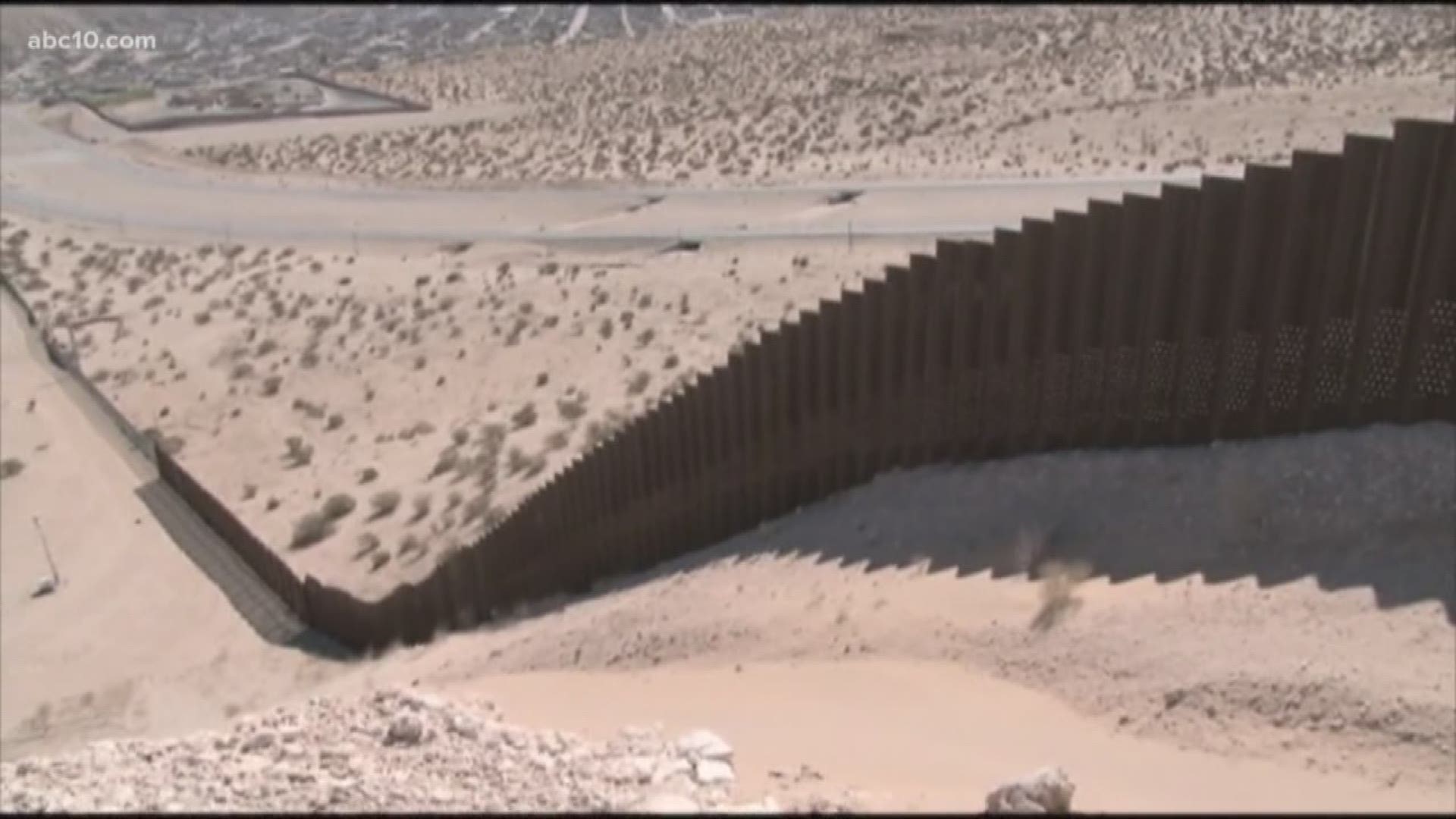STOCKTON, Calif. — President Donald Trump declared a "National Emergency" to build his border wall. This comes after Congress decided to approve about $1.4 billion in funding for the wall; far less than the $5.7 billion the president was asking for.
The disaster declaration gives Trump the option to essentially redirect existing federal funds and, yes, natural disaster funding from FEMA would fall under that umbrella.
Jose Rodriguez, President and CEO of El Concilio, a local non-profit, says he worries this could take away funding that has already been earmarked for emergency wildfire relief and levees.
"He's going to basically take it away and use it for the wall, and so some of that money could have been used for housing, some of that money could have been meant for these communities to rebuild. But because I guess it's not being used fast enough or, because it's available, he wants to use it to achieve his goal of building the wall," Rodriguez said.
So what happens next?
Leslie Gielow Jacobs, a professor for the McGeorge School of Law at the University of Pacific, said Congress can now formally express their disapproval in a new resolution.
That will go through a complicated House-Senate procedure. If it's passed by a majority vote and vetoed by Trump, it will go back to the House and Senate where it would need to be passed by a 2/3 majority.
Gielow Jacobs says that would effectively stop a national emergency. And at the same time, a lawsuit challenging the grounds the President used to declare the emergency is expected.
"If there's an emergency, why did you wait so long?" Gielow Jacobs said.
Rodriguez believes this is something that would be tied up in the court system for years to come.
Continue the conversation with Lena on Facebook.
________________________________________________________________
The government shutdown is now impacting the wine industry in Northern California. Growers say they are stuck playing the waiting game. And that could mean a higher price on your next bottle of wine.



